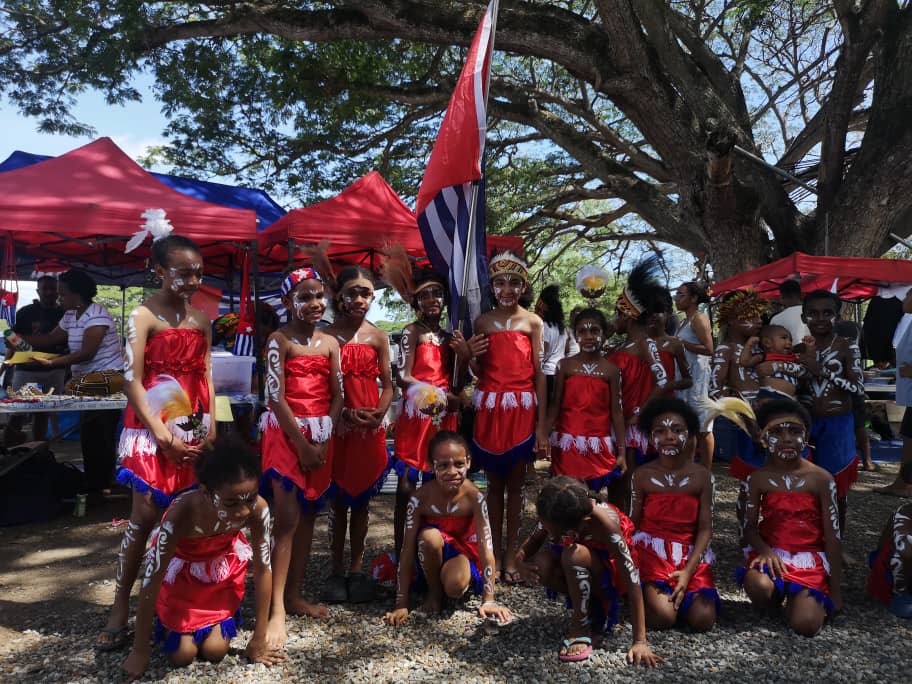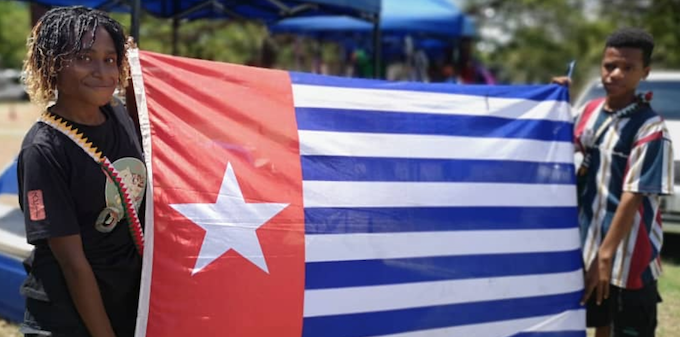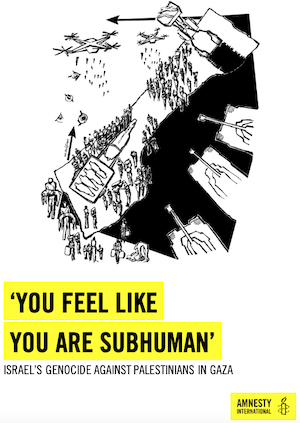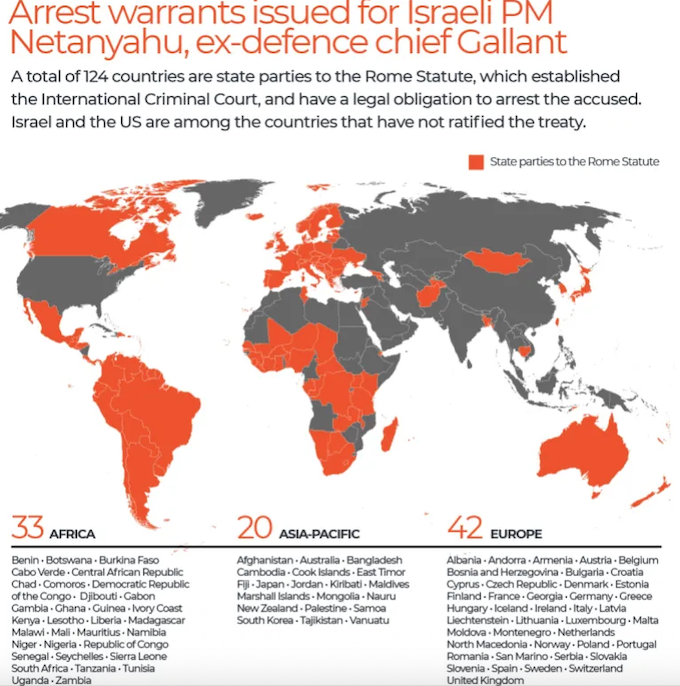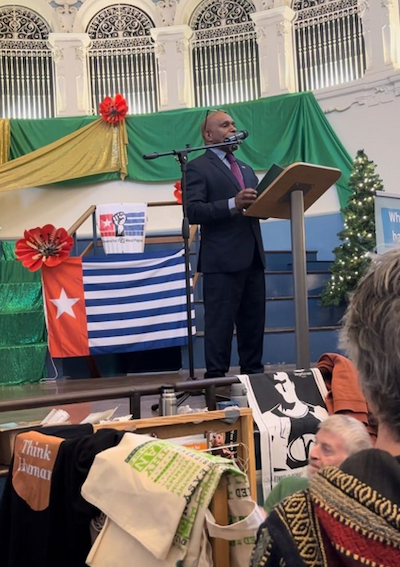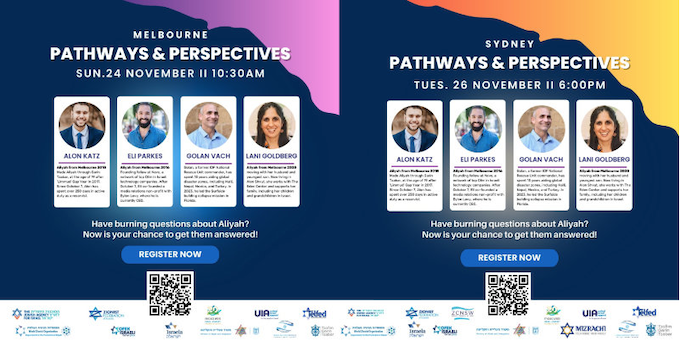By John Gerritsen, RNZ News e
The New Zealand government coalition is tweaking university regulations to curb what it says is an increasingly “risk-averse approach” to free speech.
The proposed changes will set clear expectations on how universities should approach freedom of speech issues.
Each university will then have to adopt a “freedom of speech statement” consistent with the central government’s expectations.
The changes will also prohibit tertiary institutions from adopting positions on issues that do not relate to their core functions.
Associate Education Minister David Seymour said fostering students’ ability to debate ideas is an essential part of universities’ educational mission.
“Despite being required by the Education Act and the Bill of Rights Act to uphold academic freedom and freedom of expression, there is a growing trend of universities deplatforming speakers and cancelling events where they might be perceived as controversial or offensive,” he said.
“That’s why the National/ACT coalition agreement committed to introduce protections for academic freedom and freedom of speech to ensure universities perform their role as the critic and conscience of society.”
Minister for Tertiary Education and Skills Penny Simmonds said freedom of speech was fundamental to the concept of academic freedom.
“Universities should promote diversity of opinion and encourage students to explore new ideas and perspectives. This includes enabling them to hear from invited speakers with a range of viewpoints.”
It is expected the changes will take effect by the end of next year, after which universities will have six months to develop a statement and get it approved.
Aside from the fact that the free speech legislation for universities is a waste of time (and seemingly ideologically inconsistent with the anti-regulation stance of the government), this line from the RNZ article is both hilarious and worrying pic.twitter.com/aOoPa0ZPc5
— Quintin Jane (@RealQuintinJane) December 19, 2024
Te Herenga Waka-Victoria University of Wellington said the important issue of free speech had been a dominant topic throughout the year.
It believed a policy it had come up with would align with the intent of the criteria laid out by the government today.
However, the Greens are among critics, saying the government’s changes will add fuel to the political fires of disinformation, and put teachers and students in the firing line.
Labour says universities should be left to make decisions on free speech themselves.
‘A heavy-handed approach’
The Tertiary Education Union (TEU) said proposed rules could do more harm than good.
They have been been welcomed by the Free Speech Union, which said academic freedom was “under threat”, but the TEU said there was no problem to solve.
TEU president Sandra Grey said the move seemed to be aimed at ensuring people could spread disinformation on university campuses.
“I think one of the major concerns is that you might get universities opening up the space that is for academic and rigorous debate and saying it’s okay we can have climate deniers, we can have people who believe in creationism coming into our campuses and speaking about it as though it were scientific, as though it was rigorously defendable when in fact we know some of these questions . . . have been settled,” she said.
Grey said academics who expressed views on campus could expect them to be debated, but that was part and parcel of working at a university and not an attack on their freedom of speech.
“There isn’t actually a problem. I do think universities, all the staff who work there, the students, understand that they’re covered by all of their requirements for freedom of speech that other citizens are.
“So it feels like we’ve got a heavy-handed approach from a government that apparently is anti-regulation but is now going to put in place the whole lot of requirements on a community that just doesn’t need it.”
Some topics ‘suppressed’

Free Speech Union chief executive Jonathan Ayling said freedom of speech was under threat in universities.
“We’ve supported academics . . . where they feel that they have been unfairly disadvantaged simply for holding a different opinion to some of their peers. Of course, that is also an addition to the explicit calls for people to be cancelled, to be unemployed,” he said.
Ayling said some academics were afraid to express their views and there was also a problem with “compelled speech”.
“Forcing certain references on particularly ideological issues. There’s questions around race, gender, international conflicts, covid-19, these are all questions that we’ve found have been suppressed and also there’s the aspect of self-censorship,” he said.
“As we have and alongside partners looked into this more and more, it seems that many people in the academy exist in a culture of fear.”
University committed to differing viewpoints
Te Herenga Waka-Victoria University of Wellington is committed to hearing a range of different viewpoints on its campuses, vice-chancellor Professor Nic Smith says.
Free speech had been an important issue during 2024, and the university had arrived at a policy that covered both freedom of speech and academic freedom.
By consulting widely, there was now a shared understanding of “foundational principles”, and its policy would be in place early in the new year.
“We believe this policy aligns with the intent of the criteria [from the government] as we understand them. It recognises the strength of our diverse university community and affirms that this diversity makes us stronger,” Professor Smith said.
“At the same time, it acknowledges that within any diverse community, individuals will inevitably encounter ideas they disagree with-sometimes strongly.
“Finding value in these disagreements is something universities are very good at: listening to different points of view in the spirit of advancing understanding and learning that can ultimately help us live and work better together.”
The university believed in hearing a range of views from staff, rather than adopting a single institutional position.
“The only exception to this principle is on matters that directly affect our core functions as a university.”
‘Stoking fear and division’

Green Party’s spokesperson for Tertiary Education, Francisco Hernadez, said the new policy had nothing to do with free speech.
“This is about polluting our public discourse for political gain.”
Universities played a critical role, providing a platform for informed and reasoned debate.
“Our universities should be able to decide who is given a platform on their campuses, not David Seymour. These changes risk turning our universities into hostile environments unsafe for marginalised communities.
“Misinformation, disinformation, and rhetoric that inflames hatred towards certain groups has no place in our society, let alone our universities. Freedom of speech is fundamental, but it is not a licence to harm.”
Hernandez said universities should be trusted to ensure the balance was struck between academic freedom and a duty of care.
“Today’s announcement has also come with a high dose of unintended irony.
“David Seymour is speaking out of both sides of his mouth by on the one hand claiming to support freedom of speech, but on the other looking to limit the ability universities have to take stances on issues, like the war in Gaza for example.
“This is an Orwellian attempt to limit discourse to the confines of the government’s agenda. This is about stoking fear and division for political gain.”
Labour’s Associate Education (Tertiary) spokesperson Deborah Russell responded: “One of the core legislated functions of universities in this country is to be a critic and conscience of society. That means continuing to speak truth to power, even if those in power don’t like it.”
“Nowhere should be a platform for hate speech. I am certain universities can make these decisions themselves.”
‘Expectations clarified’ – university
The University of Auckland said in a statement the announcement of planned legislation changes would help “to clarify government expectations in this area”.
“The university has a longstanding commitment to maintaining freedom of expression and academic freedom on our campuses, and in recent years has worked closely with [the university’s] senate and council to review, revise and consult on an updated Freedom of Expression and Academic Freedom Policy.
“This is expected to return to senate and council for further discussion in early 2025 and will take into account the proposed new legislation.”
The university described the nature of the work as “complex”.
“While New Zealand universities have obligations under law to protect freedom of expression, academic freedom and their role as ‘critic and conscience of society’, as the proposed legislation appreciates, this is balanced against other important policies and codes.”
This article is republished under a community partnership agreement with RNZ.
This post was originally published on Asia Pacific Report.
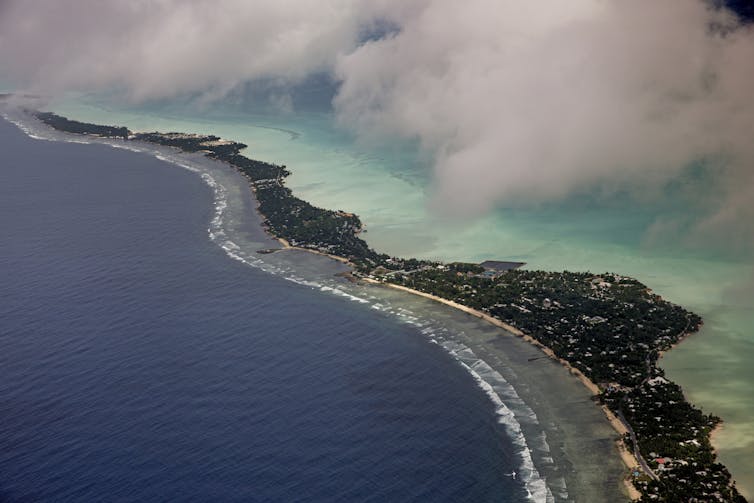
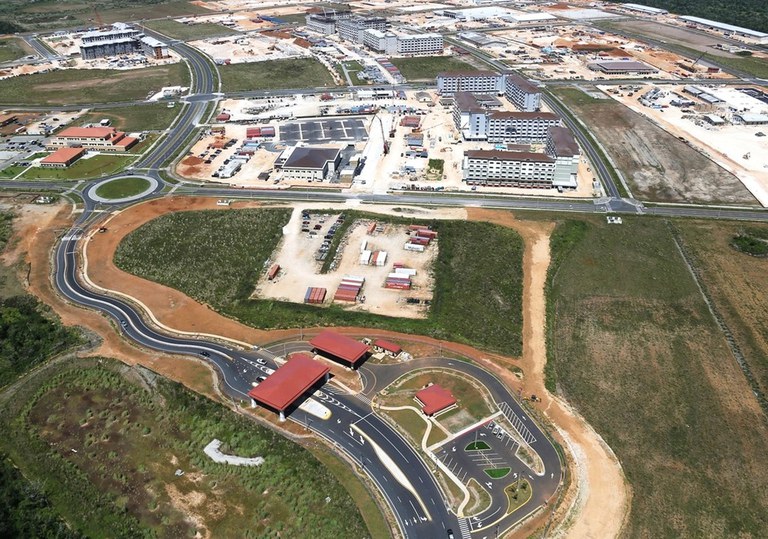

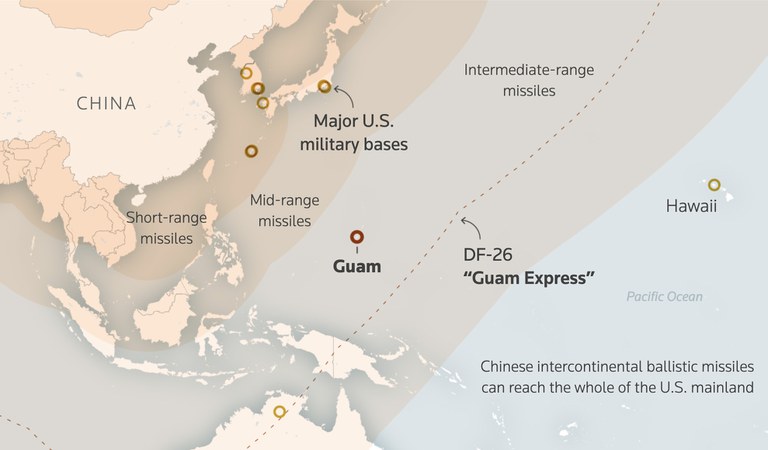
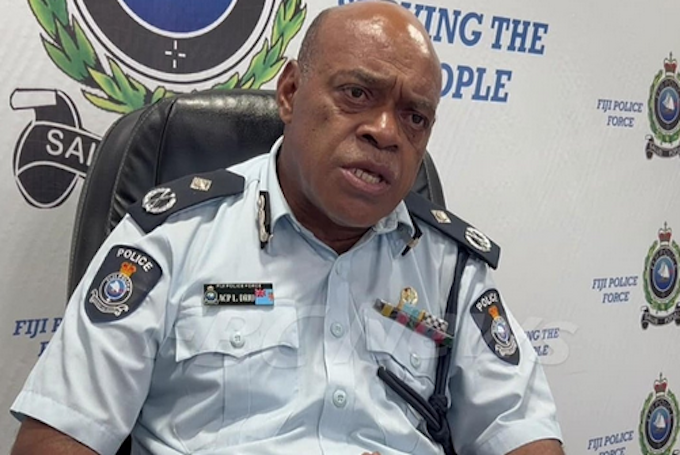
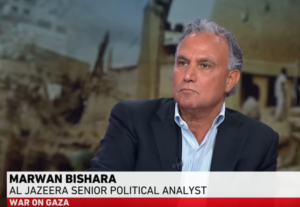
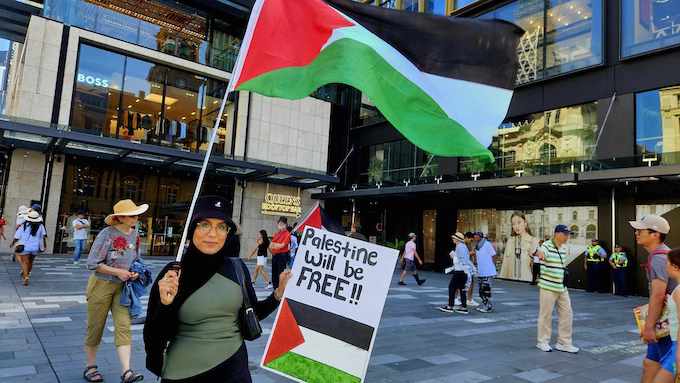
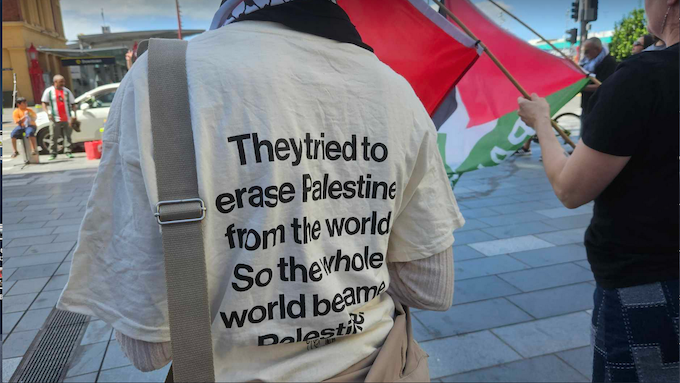

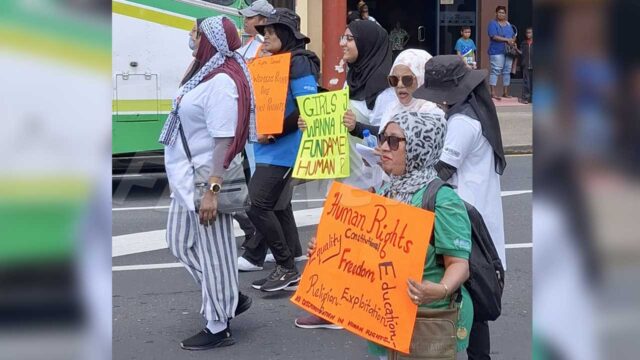
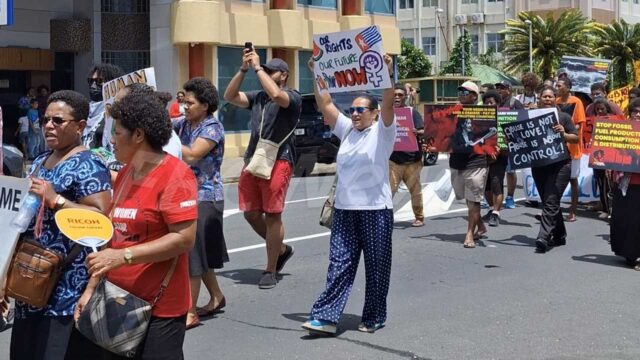
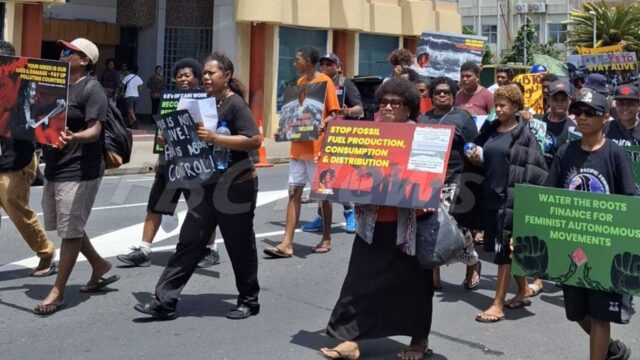
![PNG police commissioner David Manning (center) flanked by Vanuatu Police Commissioner Robson Iavro (left), Australian Federal Police commissioner Reece Kershaw (2nd right) and Australian Attorney-General Mark Dreyfus at the PPI launch, pictured on Dec. 10, 2024. [Stefan Armbruster/BenarNews]](https://media.rnztools.nz/rnz/image/upload/s--VKcmxE_e--/ar_16:10,c_fill,f_auto,g_auto,q_auto,w_1050/v1733947676/4KFAQQU_papacific_policing_initiative_2_jpeg?_a=BACCd2AD)
![Police ministers and chiefs from across the Pacific attended the launch of the PPI’s Pinkenba Hub, pictured on Dec. 10, 2024. [Stefan Armbruster/BenarNews]](https://media.rnztools.nz/rnz/image/upload/s--Zzq6dq4l--/ar_16:10,c_fill,f_auto,g_auto,q_auto,w_1050/v1733947676/4KFAQQU_papacific_policing_initiative_1_jpeg?_a=BACCd2AD)

